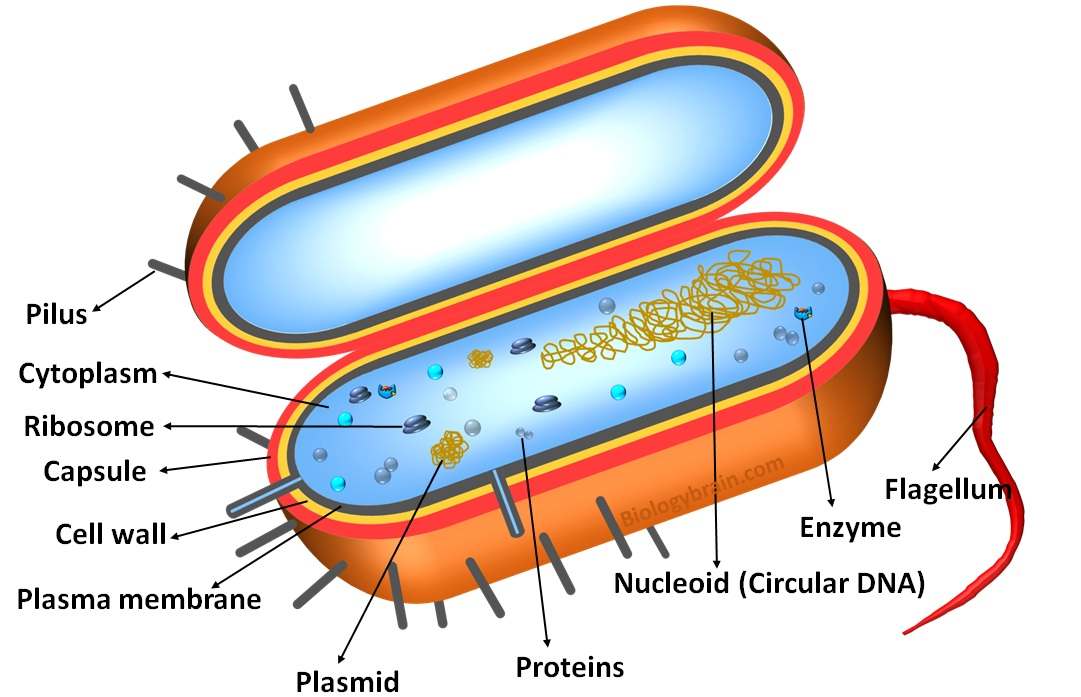Definition: Gram-negative bacteremia is a diseases caused by hospital-acquired gram-negative bacterial strains which colonize along the alimentary canal and develops infection in a specific regions of the body, especially the lungs, colon, perianum and pharynx.
Causative agents of gram-negative bacteremia include:
1. Pseudomonas aeruginosa: If the patient becomes extremely neutropenic, a condition in which the levels of neutrophils are very low, then the bacteria causes bacteremia.
2. Escherichia coli: Which causes bacteremia in only a less number of patients and rarely progresses to bacteremia despite its colonization than other gram-negative bacteria.
3. Klebsiella pneumoniae:
If K. pneumoniae colonizes in the blood, then it may develop bacteremia. In general, K. pneumoniae can cause both primary and secondary bacteremia. In primary bacteremia, K. pneumoniae directly enters and colonizes the bloodstream. In secondary bacteremia, K. pneumoniae enters blood stream from somewhere in the body where the infection is significant.
Hence, the leading causes of bacteremia in the granulocytopenic patients is an infection of P. aeruginosa, E. coli and K. pneumoniae.
Overall, bacteremia is need to be treated quickly. If left untreated, then the conditions become life threatening and bacteremia leads to sepsis.










